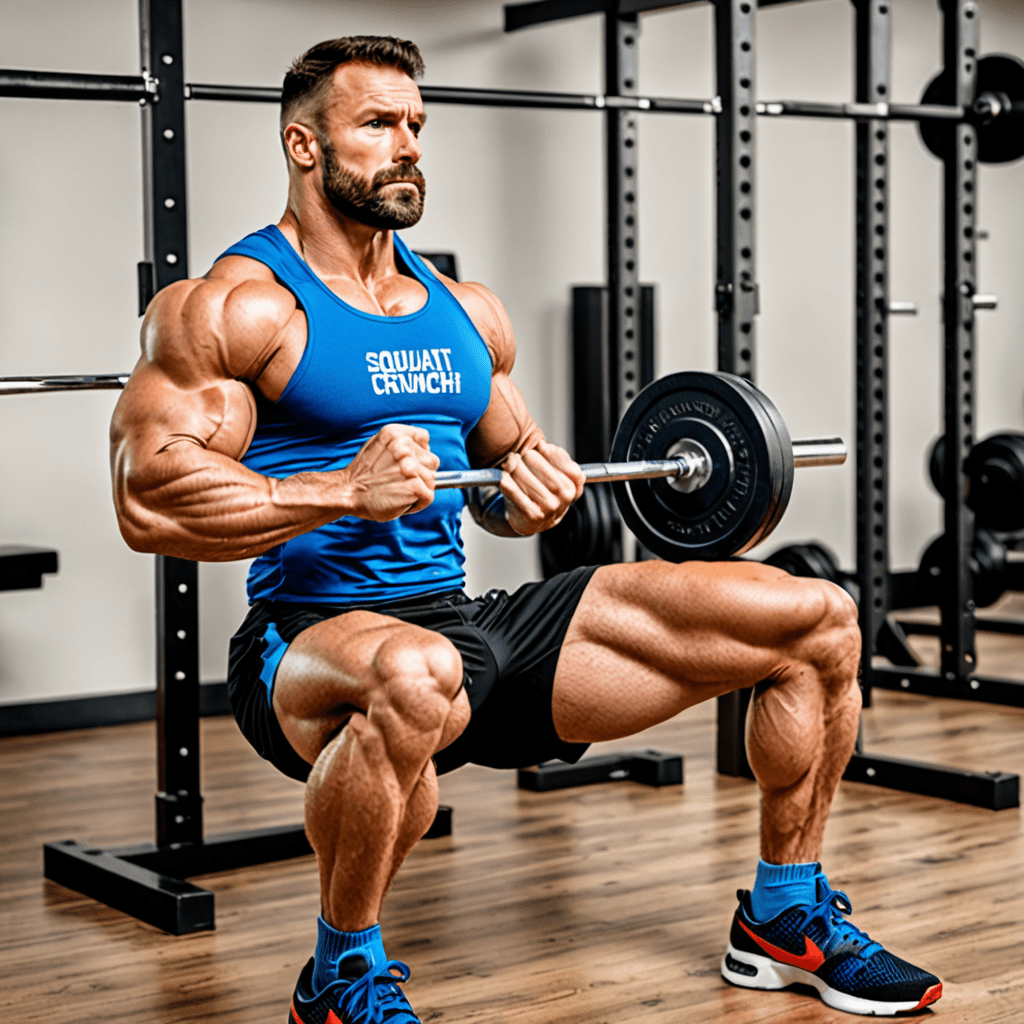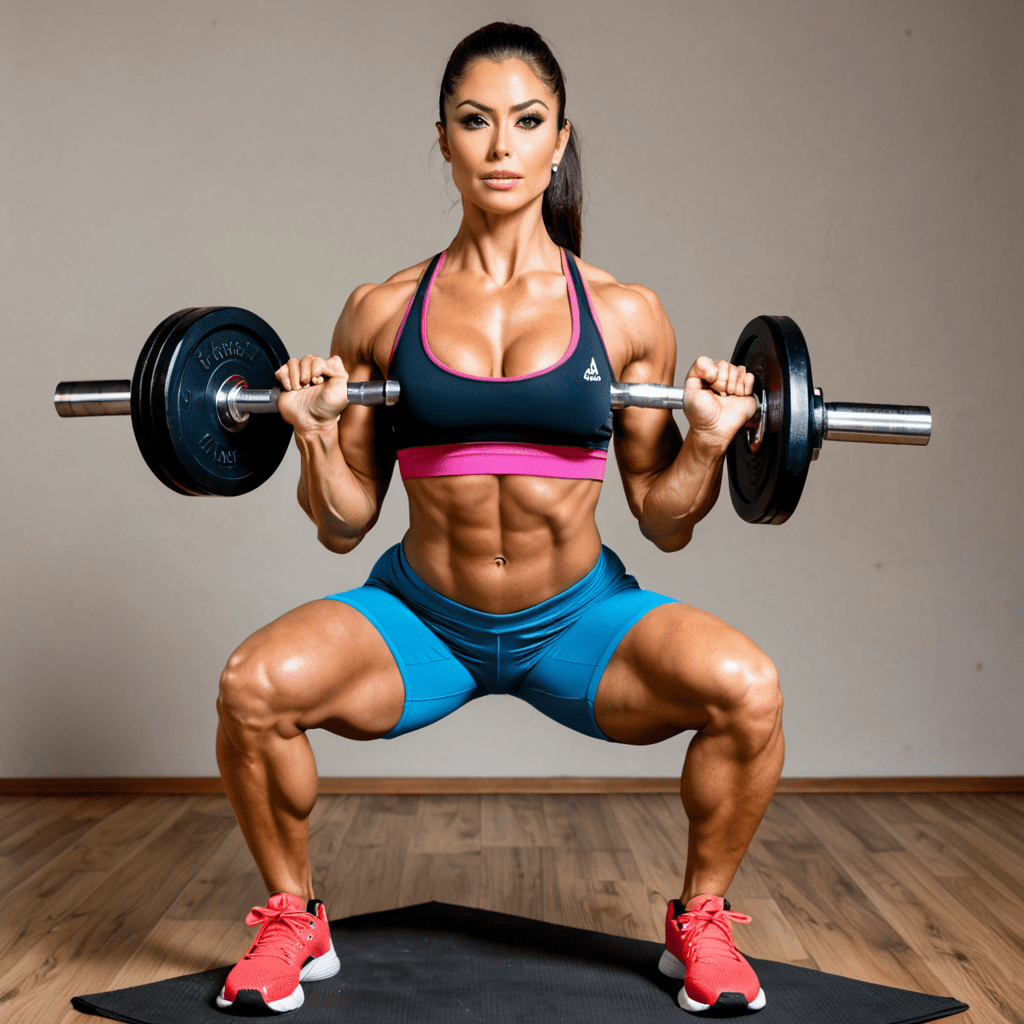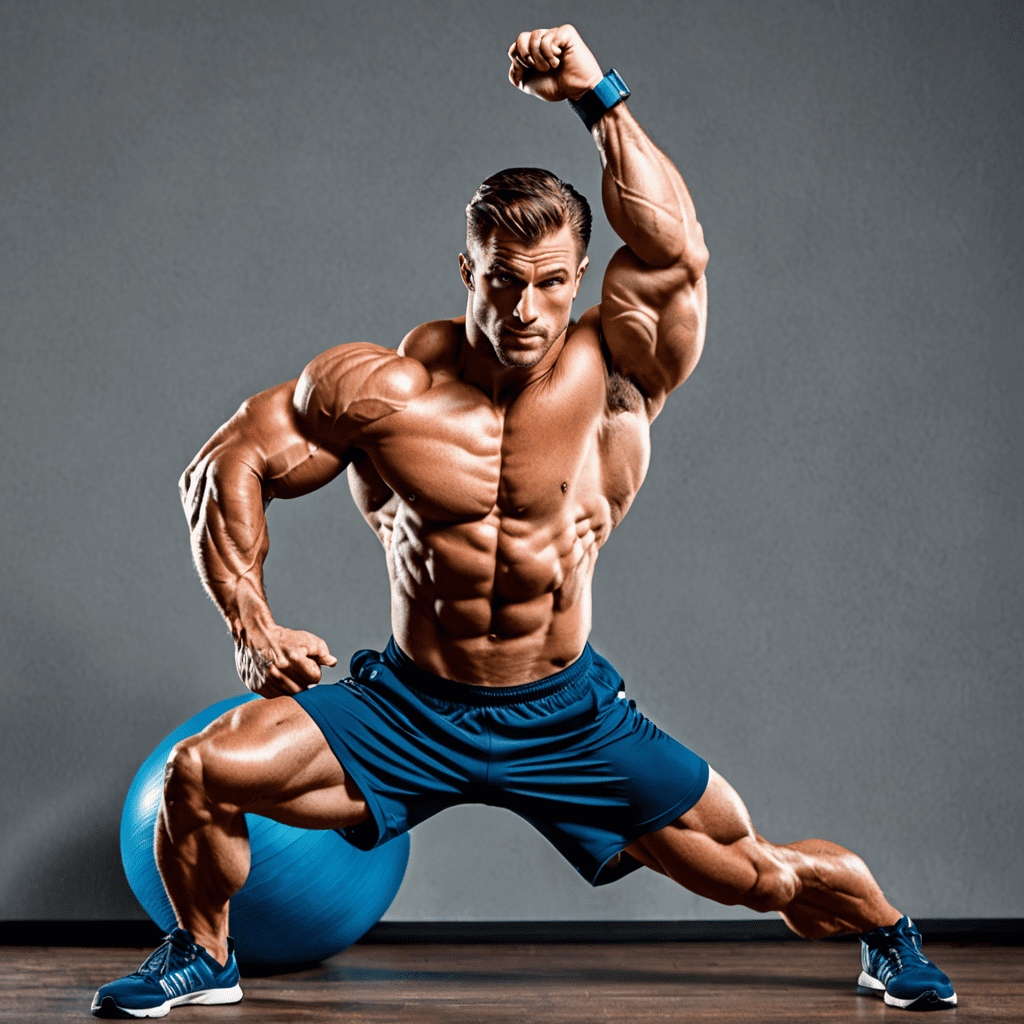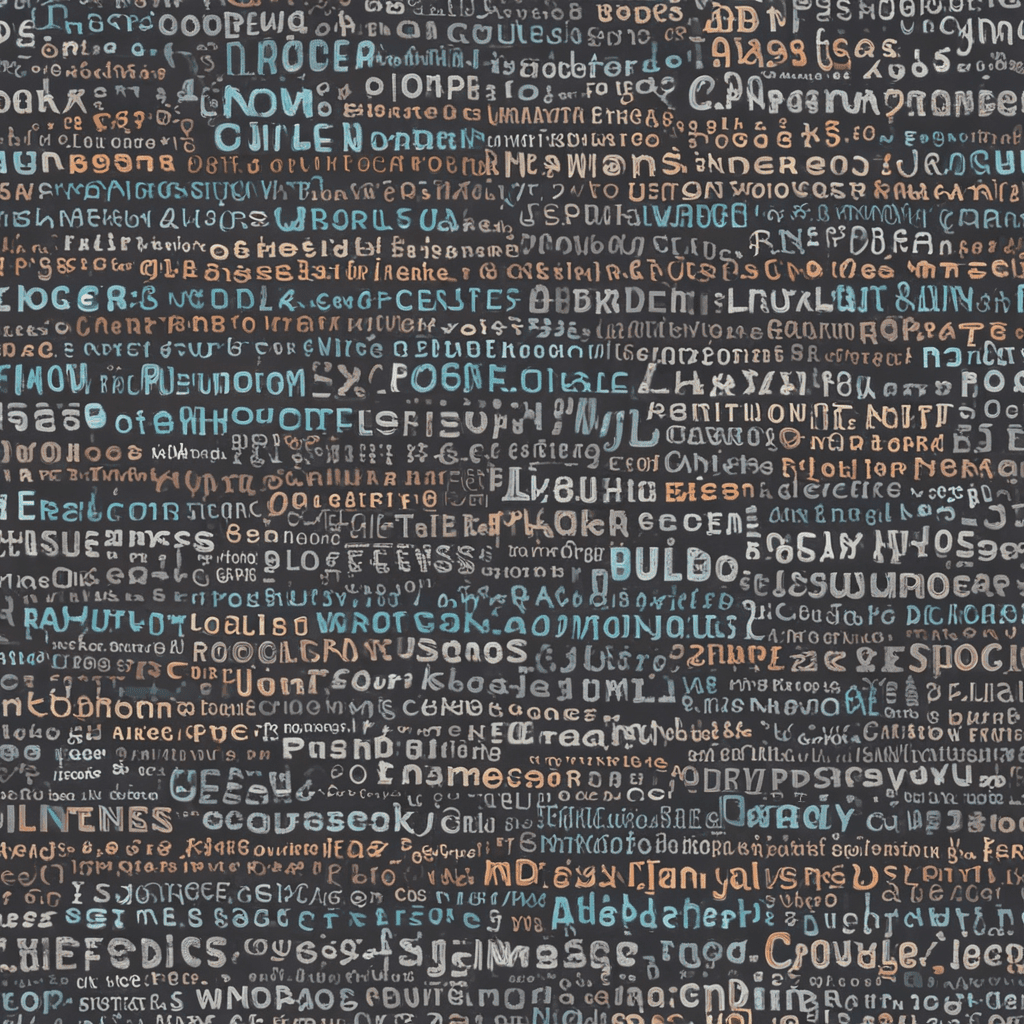
Feel the Crunch: Understanding the Joint Noises During Your Squats
If you’ve ever experienced a crunching sound in your knees when performing squats, you’re not alone. This phenomenon can be unsettling and concerning, but understanding why it happens is key to maintaining healthy knees during your fitness journey. In this article, we will delve into the possible causes of knee crunching during squats and provide insights on how to address this issue.
1. Anatomy of the Knee Joint
Before we explore the reasons behind knee crunching, it’s important to have a basic understanding of the knee joint’s structure. The knee joint consists of bones, ligaments, tendons, and cartilage, all working together to provide stability and facilitate movement.
2. Possible Causes of Knee Crunching
Several factors can contribute to the crunching sound you hear during squats. It could be due to the presence of air or fluid in the joint, cartilage wear and tear, muscle imbalances, or poor squatting form.
3. Air or Fluid in the Joint
In some cases, the crunching sound may be caused by the presence of air or fluid in the knee joint. This can occur due to a condition called crepitus, which is harmless but can be uncomfortable. Maintaining good joint health and incorporating proper warm-up exercises can help alleviate this issue.
4. Cartilage Wear and Tear
Another common reason for knee crunching is the wear and tear of cartilage. This can happen due to aging, overuse, or improper biomechanics. It’s essential to take care of your joints by engaging in low-impact exercises, such as swimming or cycling, and avoiding excessive stress on your knees.
5. Muscle Imbalances
Imbalances in the muscles surrounding the knee joint can also contribute to knee crunching during squats. Weakness or tightness in certain muscle groups can affect your movement patterns and put unnecessary strain on your knees. Incorporating exercises that target these imbalances can help improve knee stability and prevent further issues.
6. Poor Squatting Form
Improper squatting form is a common culprit behind knee crunching. When you perform squats with incorrect technique, you may be placing excessive stress on your knees, leading to discomfort and joint noises. Working with a qualified fitness professional to correct your form can significantly reduce knee-related problems.
7. Taking Care of Your Knees
To prevent knee crunching and maintain healthy knees during squats, it’s crucial to prioritize joint health. Proper warm-up and cooldown routines, strengthening exercises, and avoiding excessive impact on your knees can significantly contribute to keeping your knees in top shape.
FAQ
Q: Should I be concerned if my knees crunch during squats?
A: If the crunching is not accompanied by pain or swelling, it’s usually not a cause for immediate concern. However, if you experience any discomfort or ongoing issues, it’s advisable to consult a healthcare professional for a thorough examination.
Q: Can I continue doing squats if my knees crunch?
A: It depends on the underlying cause of the knee crunching. If it’s purely due to harmless factors like air or fluid in the joint, you could continue with appropriate modifications. However, if there’s pain or persistent discomfort, it’s best to seek professional guidance to determine the cause and adapt your workout routine accordingly.
Q: Are there any specific exercises that can help alleviate knee crunching?
A: Strengthening exercises that target the muscles surrounding the knee joint, such as quadriceps and glute exercises, can help improve knee stability. However, it’s important to consult with a qualified fitness professional to ensure you’re performing these exercises correctly and safely.
Q: Can knee crunching be reversed?
A: In some cases, addressing the underlying causes of knee crunching, such as muscle imbalances or poor form, can help reduce or eliminate the issue. However, if the crunching is due to cartilage wear and tear, it may not be entirely reversible. It’s essential to prioritize joint health and take preventive measures moving forward.


